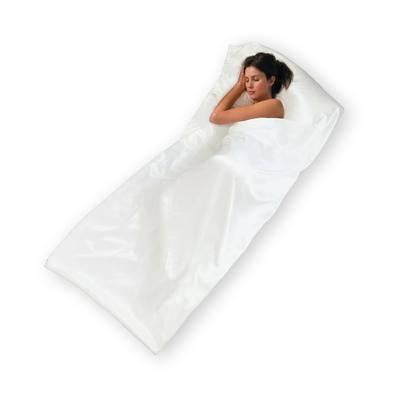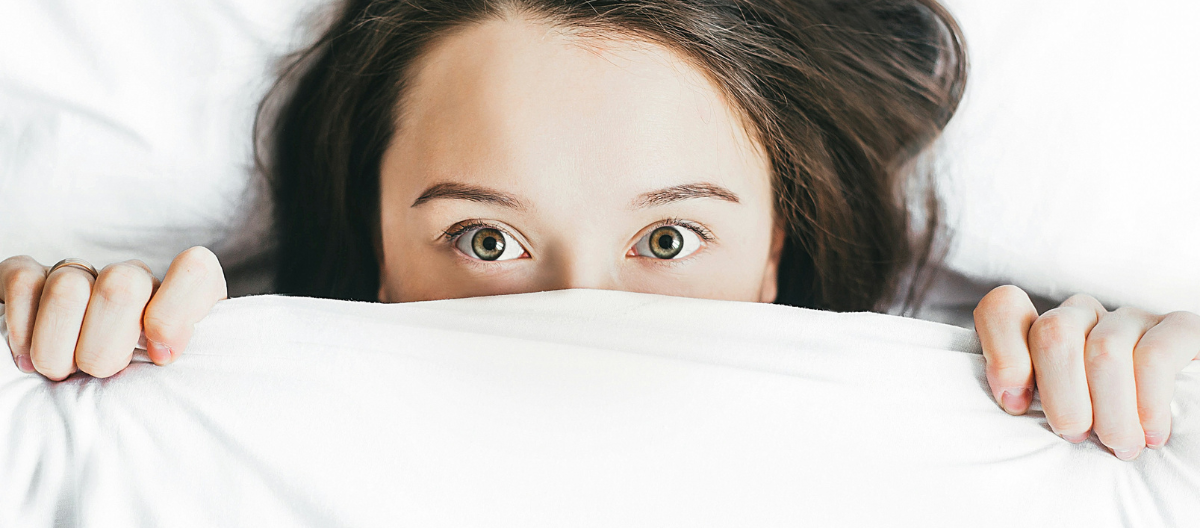Hey Diva dressing fans! When the items we love coincide with brands we work with, Diva dressing will use Paid Links in our articles. If you decide to click on these links and purchase the product, we get a small commission. Our Opinions Are Our Own, but we do add Paid Links as a way to offer these products at no added cost to our readers. Want to know more? Click Here to check out our Terms of Use anytime!
Sleep disorders, including insomnia, disproportionately affect women compared to men. Factors such as hormonal fluctuations, lifestyle demands, and health conditions contribute to this higher prevalence. Women are particularly susceptible to sleep disturbances during different life stages such as pregnancy, menstruation, and menopause.
Types of Sleep Disorders Commonly Affecting Women
Insomnia: Insomnia is one of the most common sleep disorders among women. It is characterized by difficulty falling asleep, staying asleep, or waking up too early.
Symptoms:
- Difficulty falling asleep despite being tired
- Waking up frequently during the night
- Waking up too early and being unable to go back to sleep
- Feeling unrefreshed after sleep
- Daytime fatigue, irritability, or difficulty concentrating
Causes:
- Hormonal Changes: Hormonal fluctuations during the menstrual cycle, pregnancy, and menopause can disrupt sleep patterns. For example, progesterone, a hormone that promotes sleep, decreases during menopause, leading to sleep disturbances.
- Stress and Anxiety: Women are more likely to experience stress and anxiety, which can lead to insomnia.
- Lifestyle Factors: Responsibilities such as caregiving, work, and household duties can contribute to poor sleep hygiene and sleep deprivation.
Sleep Apnea: Although sleep apnea is more common in men, many women, especially postmenopausal women, also experience this disorder. Sleep apnea causes breathing to repeatedly stop and start during sleep, leading to poor sleep quality.
Symptoms:
- Loud snoring
- Gasping for air during sleep
- Waking up with a dry mouth or sore throat
- Morning headaches
- Daytime sleepiness
- Causes:
- Menopause: Decreased levels of estrogen and progesterone during menopause may contribute to the development of sleep apnea.
- Weight Gain: Obesity, a risk factor for sleep apnea, becomes more common in women as they age, increasing the likelihood of developing this condition.
Restless Legs Syndrome (RLS): RLS is more common in women than men and is characterized by an uncontrollable urge to move the legs, often accompanied by uncomfortable sensations.
Symptoms:
- Urge to move the legs, especially at night
- Crawling, itching, or tingling sensations in the legs
- Difficulty falling asleep or staying asleep due to leg discomfort
- Sleep deprivation leading to daytime fatigue
- Causes:
- Pregnancy: RLS is common during pregnancy, particularly in the third trimester, due to changes in iron and folate levels.
- Iron Deficiency: Low iron levels can contribute to the development of RLS.
Night Sweats and Hot Flashes: Night sweats and hot flashes are common symptoms of menopause and can significantly disrupt sleep. Women may wake up drenched in sweat, leading to difficulty falling back asleep.
Symptoms:
- Sudden episodes of intense heat
- Sweating during the night
- Chills after a hot flash
- Causes:
- Menopause: Fluctuating estrogen levels during menopause are the primary cause of night sweats and hot flashes.
Causes of Sleep Disorders in Women
Hormonal Fluctuations: Hormonal changes throughout a woman’s life, including during the menstrual cycle, pregnancy, and menopause, are significant contributors to sleep disturbances. Estrogen and progesterone, which help regulate sleep, can vary, leading to insomnia, sleep apnea, and other sleep issues.
Pregnancy: Many women experience sleep disturbances during pregnancy due to hormonal changes, physical discomfort, and increased urinary frequency. In particular, conditions such as RLS and sleep apnea can develop or worsen during pregnancy, making sleep even more challenging.
Menopause: The transition to menopause (perimenopause) and menopause itself are significant contributors to sleep disorders in women. Hot flashes, night sweats, and hormonal imbalances can lead to fragmented sleep and insomnia.
Mental Health Conditions: Women are more likely than men to experience anxiety and depression, both of which are linked to sleep disturbances. Stress, worry, and overthinking can make it difficult to fall asleep and stay asleep, exacerbating insomnia.
Chronic Pain: Women are more prone to conditions such as fibromyalgia and arthritis, which can cause chronic pain and make it difficult to sleep. Pain can wake women during the night and lead to restless or poor-quality sleep.
Impact of Sleep Disorders on Women’s Health
Mental Health: Lack of sleep can worsen mental health issues such as anxiety, depression, and mood disorders. Insufficient sleep can impair cognitive function, decision-making, and concentration.
Physical Health: Sleep disorders are linked to an increased risk of cardiovascular diseases, obesity, diabetes, and weakened immune function. Women who experience sleep deprivation are also more likely to suffer from chronic conditions such as high blood pressure and heart disease.
Hormonal Health: Poor sleep quality can disrupt the body’s hormonal balance, further exacerbating conditions like insomnia and sleep apnea. Hormonal disruptions also affect reproductive health, leading to irregular menstrual cycles and fertility issues.
Daytime Functioning: Sleep deprivation impacts women’s ability to function during the day, leading to fatigue, irritability, reduced productivity, and a lower quality of life. It can also increase the risk of accidents and errors, particularly in tasks that require focus and concentration.
Treatment and Management of Sleep Disorders in Women
Improving Sleep Hygiene:
- Establish a Routine: Going to bed and waking up at the same time every day helps regulate the body’s internal clock.
- Create a Relaxing Environment: Ensure the bedroom is cool, dark, and quiet. Using blackout curtains or white noise machines can improve sleep quality.
- Limit Caffeine and Alcohol: Avoid consuming stimulants such as caffeine and alcohol in the hours leading up to bedtime.
Cognitive Behavioral Therapy for Insomnia (CBT-I): CBT-I is a structured program that helps individuals identify and change thoughts and behaviors that contribute to sleep problems. It is often recommended as a first-line treatment for chronic insomnia.
Medications: In some cases, women may benefit from sleep medications or hormone replacement therapy (HRT) to address the underlying causes of sleep disorders, particularly during menopause.
Addressing Underlying Health Conditions: Treating conditions such as sleep apnea, restless legs syndrome, and chronic pain can improve sleep quality. For example, Continuous Positive Airway Pressure (CPAP) machines are often used to treat sleep apnea.
Relaxation Techniques: Practices such as yoga, meditation, and deep breathing exercises can help manage stress and anxiety, promoting better sleep.
Here are some products that can help
Satin Hidden-Zippered Breathable Pillowcase with Sleep Mask Set of 2 $20.39


True North by Sleep Philosophy Microfleece Blanket $25.06

Eclipse Sleep Solutions Milan Cooling Sheet Set $25.12

Beauty Sleep Down Alternative Pillow Set $25.99



